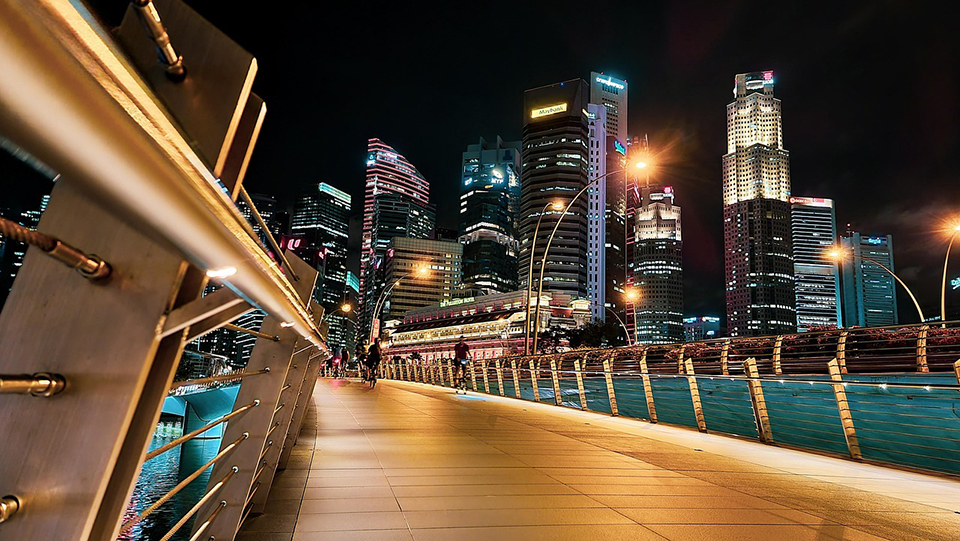When war breaks out, the further away you are, the better. For Latin America, the distance between the region and war-torn Ukraine is working in its favour. And the chaos in commodity markets that has followed the Russian invasion is reaping benefits, too.
The Brazilian real is the world’s best-performing currency this year, as foreign investors see the country as a relative safe haven within emerging markets. Not only is the country geographically remote, but the surge in commodity prices is having a favourable effect on the country’s terms of trade.
Meanwhile, fixed-income flows are surging on the currency’s appreciation. With Brazilian interest rates in double digits – and now in positive real territory despite high inflation – and more hikes from the Central Bank of Brazil predicted, the carry trade has been revived.
It is utterly tragic, of course, that the source of this positive momentum comes from such human misery
Then there’s the banks’ exposure. According to Standard & Poor’s, the total exposure to Russia and Ukraine from the region’s entire banking system is less than $10 million: $5 million in credit exposure to Russia from Brazilian banks and just over $4 million to Ukraine in Panama. In comparison, US banks have $16 billion in loan exposure to Ukraine and Russia.
It’s all creating good trade winds for countries in the region. It is utterly tragic, of course, that the source of this positive momentum comes from such human misery.
The question is whether Brazil will find a way to throw away its window of opportunity. It’s unlikely: the presidential election seems to be priced in and even comments from the likely winner, ex-president Lula, that he wouldn’t be tied by the spending cap, haven’t unsettled markets. At the moment it’s a one-way trade and there’s nothing on the horizon to suggest a possible reversal.
But with Brazil – the country for which 24-hour breaking news seems to have been invented – even if this chance is slim, it can never be discounted.




